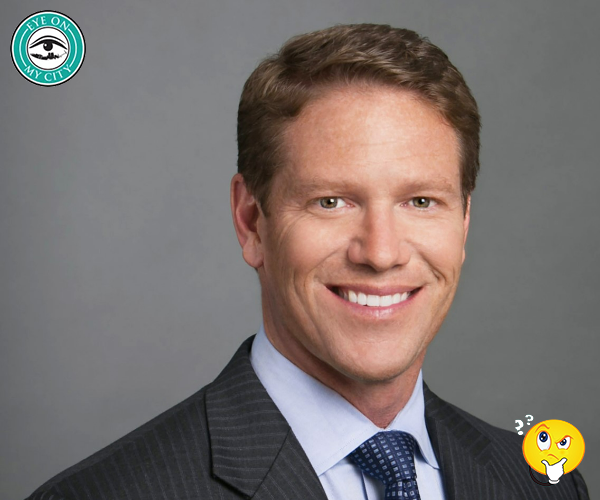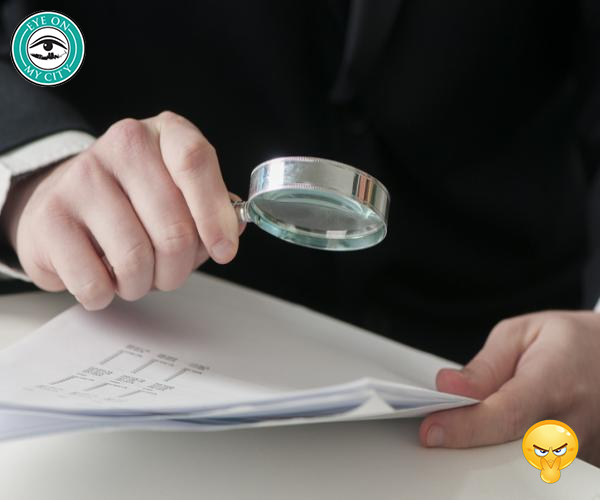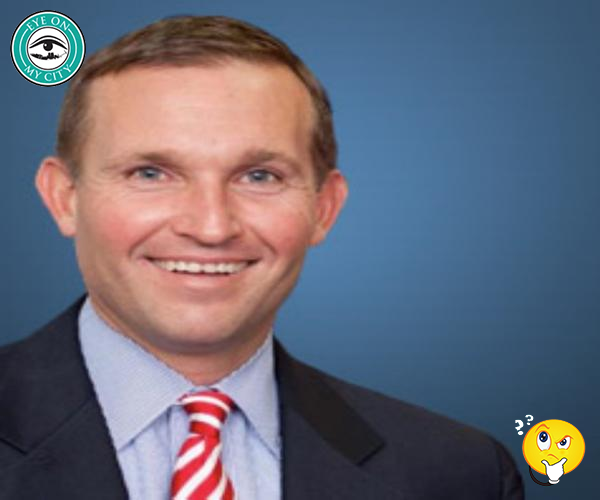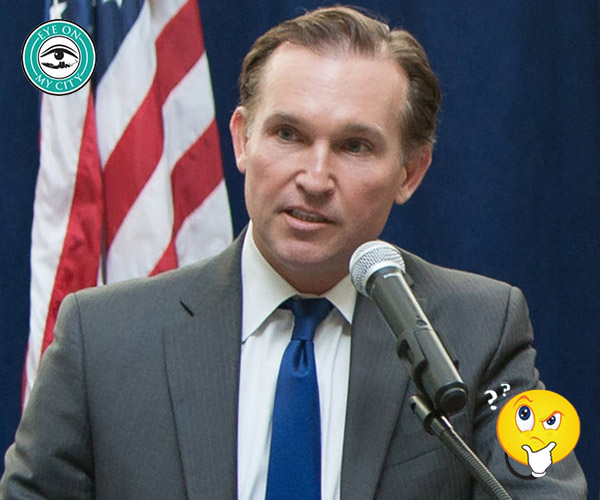
“No government ever voluntarily reduces itself in size. Government programs, once launched, never disappear. Actually, a government bureau is the nearest thing to eternal life we’ll ever see on this earth!” — Ronald Reagan
President Ronald Reagan’s famous, and accurate, comment about federal government programs applies equally well to local government, and to taxes.
For example, Jacksonville is not a Third World city and does not subjugate women as some religions do, yet it still maintains a Human Rights Commission and a Women’s Rights Commission. Neither do much other than pontificate.
As for taxes: The city has sales taxes, gas taxes, property taxes, tourist taxes, utility services taxes, bed taxes, and a wide collection of fees, which actually are taxes, for storm water, occupational licenses, permits, etc..
From time to time it petitions the citizens to give it even more taxes in exchange for promised benefits.
In 2000, on the heels of the $235 million River City Renaissance spending plan, the city set out on the Better Jacksonville Plan, at a cost of $2.25 billion.
About $1 billion of that went for roads.
Now the city wants more taxes to build more roads, and increase mass transit.
Wednesday, the local media was reporting what Eye on Jacksonville reported 10 days earlier – that Mayor Lenny Curry was meeting with City Council members seeking support for an increase in the gas tax.
He wants nearly a billion dollars – to do road projects.
Curry also wants to divert some of the money to mass transit, which few people use, and to septic tank replacement.
Over the past 50 years the city has removed 6,600 septic tanks, while allowing more than 40,000 to be built. Now the administration wants to remove those septic tanks and wants the taxpayers, rather than homeowners, to pay for the removal and connection to new sewer lines.
Low-income homeowners will be given top priority and also will see the value of their property increase substantially. Most pay little or no property taxes.
It is a massive transfer of wealth from middle-income families to lower-income families.
The current 6-cent local gas tax could double to 12 cents. This would be in addition to the state and federal taxes every motorist pays on every gallon of gasoline – at a time when gasoline prices are soaring because of federal government policies.
Part of the money would go to complying with federal government standards under the Americans with Disabilities Act, which has been a gold mine for lawyers.
The local gas tax was put in place in 1986 for a period of 30 years. Voters also approved a local sales tax in 1988. The gas tax was extended in 2014 and the sales tax was extended in 2016.
The Better Jacksonville Plan did more than improve roads. Majestic public buildings arose downtown, including:
- Jacksonville Veterans Memorial Arena – $130 million
- Baseball Grounds of Jacksonville – $34 million
- New Main Library – $95 million
- Duval County Courthouse – originally $190 million; as completed $350 milllion
But if taxpayers expected a respite after it was done, they were mistaken.
Despite spending in the range of $100-$150 million every year on infrastructure, the city now claims to be falling behind again.
The announcement of Curry’s new tax proposal follows approval of higher sales taxes for the building of new schools in the city.
This week the Jacksonville Civic Council announced support for higher taxes to be used for infrastructure. It noted that the city’s tax burden is low compared to other cities.
Jacksonville’s per capita income also is low compared to other cities.
It was ranked 20 of 67 Florida counties, and below both the state and national average in Wikipedia.
It ranked 392 on a list of 909 Florida locations in the American Community Survey (2010-2014 data).
West Palm Beach residents can afford to keep their infrastructure in tip-top shape. Jacksonville is not West Palm Beach.










